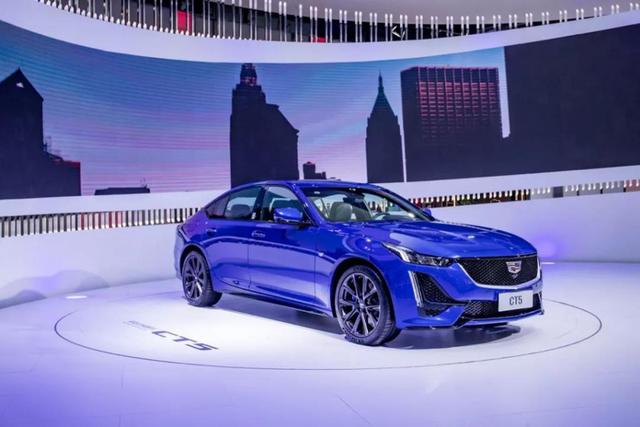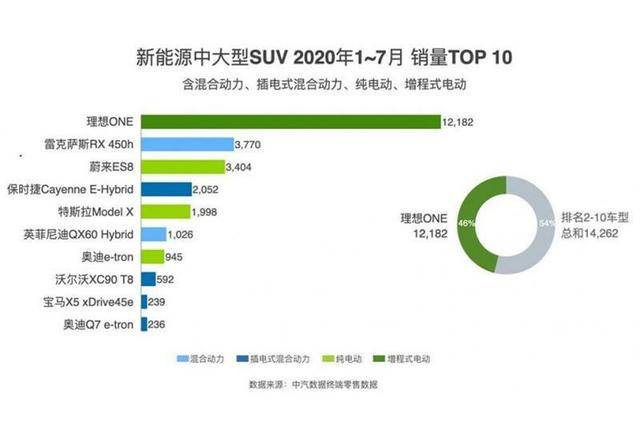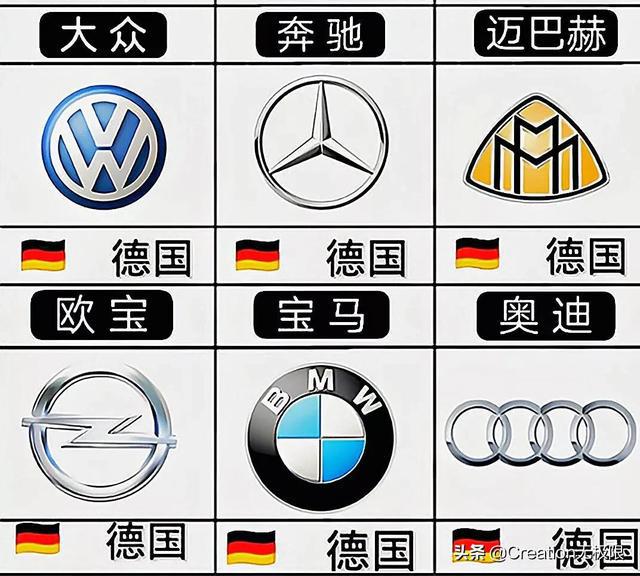中国自主汽车品牌英文,崛起、挑战与未来展望
中国自主汽车品牌近年来迅速崛起,面临挑战与机遇并存的发展态势。随着技术的不断创新和品质的提升,中国自主品牌汽车在国际市场上逐渐崭露头角。与国际知名品牌相比,中国自主汽车品牌仍面临品牌知名度、技术研发、市场营销等方面的挑战。随着智能化、新能源等技术的不断发展,中国自主汽车品牌将迎来新的发展机遇,有望在国际市场上取得更大的突破和进展。摘要字数控制在200-300字以内。
随着全球汽车市场的不断发展和变化,中国自主汽车品牌英文的崛起成为了全球汽车产业的一大亮点,在过去的几十年里,中国汽车市场经历了飞速的发展,成为全球最大的汽车市场之一,随着技术的不断进步和市场的日益成熟,中国自主汽车品牌也逐渐走向世界舞台,与跨国汽车品牌展开竞争,本文旨在探讨中国自主汽车品牌的崛起、挑战以及未来展望。
中国自主汽车品牌的崛起
1、市场需求推动
随着中国经济的快速发展和人民生活水平的提高,汽车消费需求日益增长,国内市场的庞大需求为中国自主汽车品牌提供了广阔的发展空间,通过深入了解本土市场需求,中国自主汽车品牌迅速崛起,满足了消费者对性价比、适用性和本土化服务的需求。

2、技术创新支撑
技术创新是中国自主汽车品牌崛起的关键,在新能源汽车、智能互联、智能驾驶等领域,中国自主汽车品牌取得了显著进展,许多品牌已经具备了与国际品牌相竞争的技术实力,为全球汽车产业的发展做出了重要贡献。
3、政策支持助力
中国政府对于汽车产业的发展给予了大力支持,通过政策扶持、资金支持和税收优惠等措施,为中国自主汽车品牌的崛起提供了有力保障,中国政府积极推动汽车产业转型升级,鼓励企业加大研发投入,提高产品质量和技术水平。
中国自主汽车品牌面临的挑战
1、跨国竞争压力
随着全球汽车市场的开放,跨国汽车品牌纷纷进入中国市场,给中国自主汽车品牌带来了激烈的竞争压力,跨国品牌在技术、品牌知名度和市场份额等方面具有优势,中国自主汽车品牌需要在竞争中不断提升自身实力。
2、品质与技术挑战

尽管中国自主汽车品牌在技术方面取得了显著进展,但在品质和技术方面与跨国品牌仍存在差距,为了提高产品竞争力,中国自主汽车品牌需要不断提高产品质量,加强技术研发,缩小与跨国品牌的差距。
3、品牌建设与口碑积累
品牌建设和口碑积累是中国自主汽车品牌长期发展的关键因素,在竞争激烈的市场环境下,品牌知名度和美誉度成为消费者选择产品的重要参考,中国自主汽车品牌需要加强品牌建设,提升品牌形象,积累良好的口碑。
中国自主汽车品牌的未来展望
1、新能源汽车市场机遇
随着全球新能源汽车市场的快速发展,中国自主汽车品牌迎来了重要的发展机遇,在电动汽车、混合动力汽车等领域,中国自主汽车品牌已经具备了较强的竞争力,有望在全球市场上取得重要地位。
2、智能汽车发展趋势
智能汽车行业是未来汽车产业的发展方向,中国自主汽车品牌已经在这一领域取得了显著进展,随着人工智能、大数据等技术的不断发展,中国自主汽车品牌有望在智能汽车领域实现突破,提升产品竞争力。

3、国际化发展战略
为了进一步提升品牌影响力和市场份额,中国自主汽车品牌将加速国际化发展,通过海外市场拓展、跨国合作等方式,中国自主汽车品牌将逐渐走向世界舞台,与跨国品牌展开全面竞争。
中国自主汽车品牌英文的崛起、挑战与未来展望是全球汽车产业发展的重要组成部分,在市场需求、技术创新和政策支持等推动下,中国自主汽车品牌已经具备了较强的竞争力,面对跨国竞争压力、品质与技术挑战以及品牌建设与口碑积累等方面的挑战,中国自主汽车品牌需要不断提升自身实力,抓住新能源汽车和智能汽车发展机遇,加速国际化发展。
In the realm of automotive industry, China has emerged as a powerhouse, leading the way in innovation and production. With an unmatched scale and technological advancements, China's automotive brands have become increasingly recognized globally. This article delves into the evolution and significance of Chinese automotive brands in the English-speaking market, highlighting their contributions to the global automotive landscape and exploring future prospects for these venerable brands.
The journey of Chinese automakers started with modest beginnings, but it was marked by relentless dedication to excellence and a deep commitment to quality. In the early 2000s, the Chinese government invested heavily in automotive research and development (R&D) facilities, providing a fertile ground for innovative ideas to flourish. This period saw the emergence of several key players that would later dominate the international arena.
One such player is BYD, a company renowned for its electric vehicle (EV) technology. Byd's success can be attributed to its pioneering approach in blending sustainable energy with high-performance vehicles, creating a niche for itself in the growing demand for clean energy transportation. The company's commitment to sustainable practices and its ability to produce affordable, reliable electric cars has solidified its standing in the international market.

Another prominent Chinese automaker, FAW Group, is renowned for its extensive manufacturing capabilities across multiple segments of vehicles including passenger cars, commercial vehicles, and SUVs. FAW Group's extensive network of dealerships and distribution systems allows the brand to reach out to customers worldwide, making it a significant player on the global market.
The rise of Chinese automakers also coincided with the advent of the internet of things (IoT) era, offering new opportunities for innovation and connectivity. Tech giants like Alibaba and Tencent have collaborated with Chinese automakers to integrate advanced technologies into their vehicles, enhancing driving experiences through smart features such as self-driving capabilities and real-time traffic updates.
As Chinese automakers continue to evolve and diversify their portfolio, they are also facing new challenges and opportunities in a competitive global marketplace. The rise of electric vehicles poses a major threat to traditional combustion engine vehicles. To stay ahead in this transition, Chinese automakers must invest in research and development of battery technology, enhance their charging infrastructure, and align product strategies with evolving consumer preferences.
Moreover, as China continues to push for economic reforms, the country's automotive industry is expected to benefit from increased foreign investment and trade liberalization. This could further propel Chinese automakers into the international arena while fostering collaborations between domestic firms and global automakers.
Looking forward, Chinese automotive brands hold immense potential for growth and innovation. Their ability to adapt to global trends and technological advancements, coupled with their strategic focus on sustainability and customer satisfaction, position them well to succeed in a rapidly changing automotive landscape. As they continue to expand their global footprint, we can expect Chinese automakers to not only challenge established players but also shape the future of automobiles as we know it.
In conclusion, Chinese automotive brands are embracing the challenges of the global marketplace with aplomb, leveraging their technological prowess and business acumen to carve out a significant niche for themselves in the world of automotive products. As they continue to refine their strategies and expand their horizons, we can anticipate more exciting developments from these esteemed brands that will undoubtedly contribute to the continued evolution and growth of the global automotive industry.
与本文知识相关的文章:



